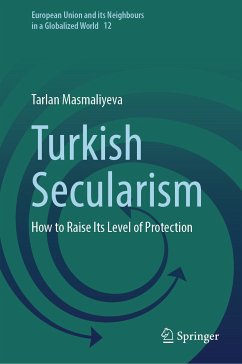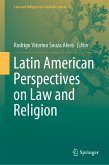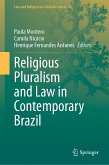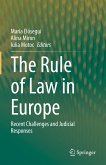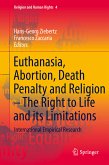There are any number of studies on Turkish secularism. However, to date there has never been a comprehensive analysis of the constitutional protection of secularism, one that systematically covers all relevant aspects. Addressing that gap, this book presents a comprehensive and coherent analysis of the constitutional framework of this principle within the Turkish legal system.
Secularism is a common fundamental principle of all three Turkish constitutions (1924, 1961, 1982). The principle has been granted an irrevocable status and has been strictly constructed within the Turkish constitutional system. Despite the guarantee of irrevocability, however, its interpretation and application have undergone a drastic transformation in response to changing social and political circumstances.
Today, the complaints filed before the domestic and international judiciary predominantly concern the Turkish State's neutrality and impartiality towards religion and the exercise of freedom of religion by religious minorities. While many observers have interpreted these problems in light of the contemporary policies pursued in the field of religion, a closer look reveals that the problem lies deeper in Turkey's general constitutional framework. While the 1982 Constitution declares the principle as an unamendable characteristic of the Republic and protects it with multi-layered mechanisms, certain anti-democratic features of the Constitution, including the President's predominant role in forming the high-ranking judiciary, affect the proper and consistent application of the principle of secularism.
The consolidation of the secular state order depends on various factors other than a suitable constitution. However, it goes without saying that constitutions can help or hinder efforts to find solutions. Therefore, this book identifies the deficiencies in the Turkish constitutional and legal framework regarding the protection of secularism. It presents the historical development and definition of a secular state, analyzes the jurisprudence of the Turkish Constitutional Court and the European Court of Human Rights, studies the application of the party prohibition mechanism as a means of protecting the principle, and assesses the constitutional amendments of 2001, 2010 and 2017. Moreover, it proposes much-needed constitutional and legal amendments with a view to improving the application of the principle of secularism.
Dieser Download kann aus rechtlichen Gründen nur mit Rechnungsadresse in A, B, BG, CY, CZ, D, DK, EW, E, FIN, F, GR, HR, H, IRL, I, LT, L, LR, M, NL, PL, P, R, S, SLO, SK ausgeliefert werden.

